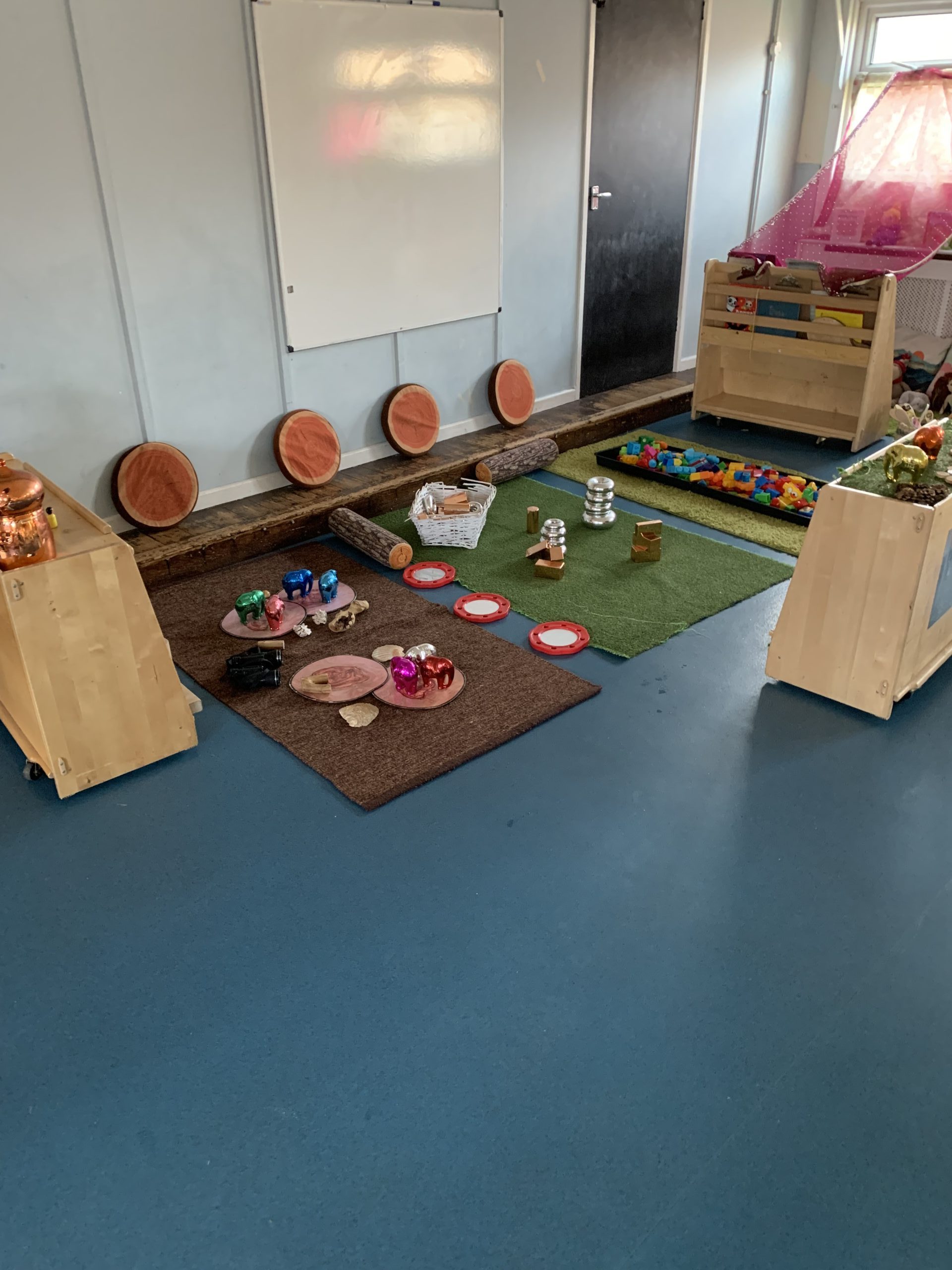
Phonics is the name most used to describe how children are taught to read and write. It concentrates on teaching the main sounds in English, not just the alphabet. Your children will learn these names.
Some Phonics terminology that may baffle you
- The letter shape is a graphene.
- The letter sound is a phoneme.
- Segmenting; sounding out words e.g. ‘d’ ‘o’ ‘g’.
- Blending – blending the sounds to make a word.
- Digraphs are sounds with letters e.g. ee.
- Trigraphs are sounds with 3 letters e.g. igh, ure.
When phonics is usually taught.
- Schools usually have a ‘phonic session’ each day.
- There are different Phonic programmes e.g. ‘Jolly Phonics’, ‘read write inc’
What preschool will do.
We aim to begin your childs phonic journey too support them in becoming fluent readers at 7 years of age. We help the children to explore and experiment with sounds, different between sounds and become familiar with rhyme and rhythm.
Remember pre-school is here to give your child a good starting education – though play and experiences, helping to prepare them for school.
What you can do.
Often as parents, we become concerned with how and when our children are going to read and forget that reading, at any level, should be enjoyable. So, share books, magazines, comics, newspapers, football programmes, take away menus, shopping catalogues, anything with text that ignites your child’s interest to read.
- Share the weekly sound/letter at home – how many things can you and your child find beginning with ‘s’ etc.
- Read to your child every day.
- Join the library it’s free.
- Check out our Phonics Home Learning Bag!
Here is a list of websites, programmes and magazines that support the learning of phonics (please bear in mind, most of the resources are aimed at 5-7 year-olds):
- Alphablocks (CBeebies – TV)
- Sounds Like Fun (Cartoonito – TV)
- Oxford Owl – http://www.oxfordowl.co.uk/for-home/reading-owl/expert-help/phonics-made-easy
- Phonics Play – http://www.phonicsplay.co.uk/
- Jolly Phonics – http://jollylearning.co.uk/overview-about-jolly-phonics/
- BBC – http://www.bbc.co.uk/schools/wordsandpictures/teachers/index.shtml
- Phonics Books – http://www.phonicbooks.co.uk/
- Jolly Songs (You Tube) – http://www.youtube.com/watch?v=Djz82FBYiug
- Kids TV 123 (You Tube) http://www.youtube.com/user/KidsTV123
Pronouncing the Phonemes http://www.getreadingright.com/Pronouncephonemes.htm
Phonic games that can be played at home.
- Mood Sounds
Say a letter sound and ask the children to repeat it. Ask the children to say the sound as if they were angry, happy, frightened etc.
- Gobbler/Muncher Game
Use a box to make a face. E.g. Gordon the gobbler. Have a large hole for the mouth, collect objects beginning with 2 sounds. your child picks an object starting with the sound you can call out; then post it into the ‘mouth’.
3. Odd one out
Show a variety of objects to your child. All of the objects to have the same initial sound except for one item. Children to identify which is the odd item. E.g. sun, sausages, cup, scissors.
We are more than happy to suggest other games and activities for you to enjoy at home.
